
06/08/2021 - Press release
A Hospital del Mar project to determine new prognostic and predictive markers that could be beneficial in metastatic small cell lung cancer treatment, using genetic analysis techniques, has been awarded $200,000 from the Oncomine Clinical Research Grant programme, promoted by the US-based multinational biotech company Thermo Fisher Scientific, which supports research that enables advances in the field of molecular patient profiling, with the aim of improving clinical outcomes. The research was led by Dr. Edurne Arriola, head of the lung cancer section in the Medical Oncology Service and a researcher at the Hospital del Mar Medical Research Institute (IMIM), and Dr. Beatriz Bellosillo, head of the Medical Oncology Service and also an IMIM researcher. To undertake the project, they will analyse samples from 300 patients with this pathology, collected over the last 10 years. The research will focus on evaluating the potential of the liquid biopsy technique, which can detect DNA from tumour cells in the blood, to monitor the disease and its evolution, as well as detecting potential biomarkers of treatment benefit and predictors of long-term prognosis.
Més informació "$200,000 grant for lung cancer research at Hospital del Mar"
29/07/2021 - Press release
Researchers from the G-protein-coupled receptor-based drug development research group at the Hospital del Mar Medical Research Institute (IMIM) have been able to verify, with a degree of precision never before achieved, how the process that triggers the response of neurones in the brain occurs. This is an essential mechanism for understanding how moods or even processes such as addictions are produced, and in which neurotransmitters, molecules that help transmit information between neurones through specialised receptors, the G protein-coupled receptors (GPCRs), play a vital role. "Neurotransmission is one of the most crucial physiological processes, as its dysregulation can result in various neuropsychiatric disorders", explains Dr. Jana Selent, principal author of the study, published in the journal Chemical Science, and coordinator of the research group that led the work. Very small changes in how information is transmitted by these molecules can trigger different reactions in the brain, some of which are linked to behaviour, addictions and moods.
Més informació "Mechanism that triggers brain neurone response revealed"
28/07/2021 - General information
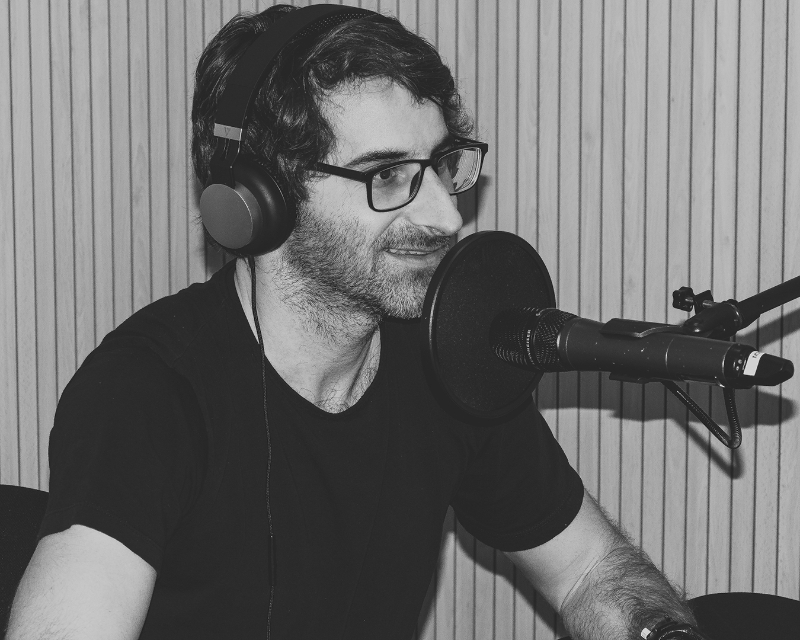
On July 19 the Barcelona Biomedical Research Park (PRBB) launched a new science outreach product, "La mare de la ciència", a podcast in Catalan where you can "listen to science" done at the Park. During the second half of July the six episodes that make up the first season will be released. Today, July 28th, the podcast of Toni Celià-Terrassa, group leader of the Cancer Stem Cells and Metastasis Dynamics group at the IMIM, will be launched and will help us to decipher metastasis. This is a narrative podcast in short format, where Marta Vila, from the PRBB's communication department, leads us through the research and stories of six researchers from the Park's centres. A very personal and close look to the science that is done in the PRBB and the people behind it.
21/07/2021 - Press release
Levels of omega-3 fatty acids in the blood are as good a predictor of mortality from any cause as smoking, according to a study involving the Hospital del Mar Medical Research Institute (IMIM), in collaboration with The Fatty Acid Research Institute in the United States and several universities in the United States and Canada. The study, published in The American Journal of Clinical Nutrition, used data from a long-term study group, the Framingham Offspring Cohort, which has been monitoring residents of this Massachusetts town, in the United States, since 1971. Researchers have found that omega-3 levels in blood erythrocytes (the so-called red blood cells) are very good mortality risk predictors.
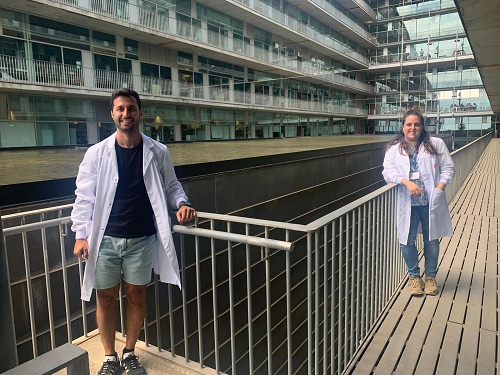
Two professionals from the Laboratory will travel to the Japanese capital to support the anti-doping work that will take place during the Olympic Games, which begin on July 23. The Hospital del Mar Institute for Medical Research (IMIM) will once again be Olympic. Two of the Anti-Doping Laboratory of Catalonia professionals at IMIM will work at the Olympic Games Laboratory in Tokyo, which starts this July 23. Sergi Coll and Lídia Requena will travel to Tokyo to work there until August 10. Sergi Coll specializes in detecting anabolic steroids, and Lídia Requena specializes in detecting hormones (erythropoietin, growth hormone ...) and blood transfusions.
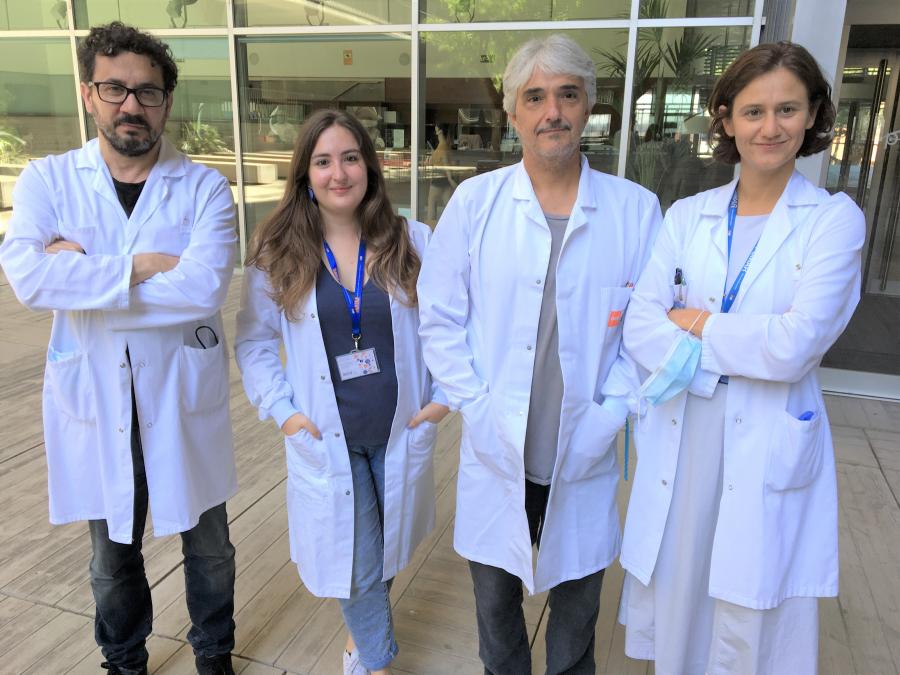
Combining chemotherapy with a BRAF oncogene inhibitor proves effective at treating this disease. The study, published in the journal Oncogene, was led by researchers from the Hospital del Mar Medical Research Institute, Hospital del Mar and CIBERONC. This alternative paves the way towards a new approach for patients affected by this type of tumor, which has no cure in the most advanced stages or cases of relapse.
Més informació "A new approach to metastatic melanoma discovered"
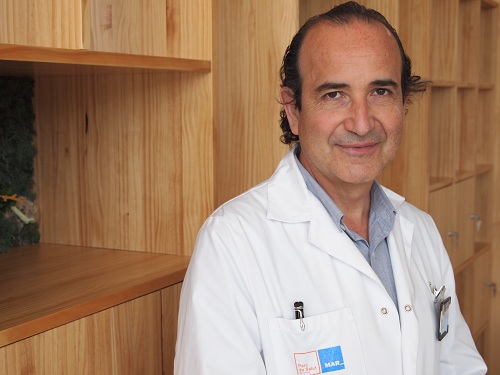
Dr Joan Albanell, head of the Medical Oncology Department at Hospital del Mar and director of the Cancer Research Programme at the Hospital del Mar Medical Research Institute, is one of the authors of the first article to come out of this study, in which more than sixty hospitals from eleven European countries are taking part. The work, published in the prestigious journal Cancer Discovery, is an important step in understanding the molecular changes that lead to metastasis in breast cancer.
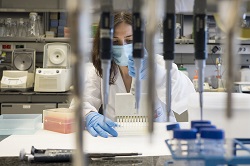
The IMIM has obtained nearly 3.4 million euros in financing from this fund, 12% more than in the 2019 call for proposals, the most recent prior to the pandemic. 60% of the proposals submitted were approved, a record number in the history of the institution.
22/06/2021 - Press release
6.4% of the European population suffers from depression, according to a study published in The Lancet Public Health. The work was led by researchers from King's College London, the Hospital del Mar Medical Research Institute (IMIM), the Parc de Recerca Sant Joan de Déu-Institut de Recerca Sant Joan de Déu, the Institute of Biomedicine at the University of León (IBIOMED), and the CIBER on Epidemiology and Public Health (CIBERESP). This figure is higher than that estimated by the World Health Organisation (WHO), which calculated the prevalence of this pathology in the European region at 4.2%. Depression is considered to be one of the leading causes of disability around the world, increasing the risk of premature death, decreasing quality of life and being a heavy burden on health systems. In fact, it is estimated that it may affect more than 300 million people worldwide.
Més informació "More than 6% of Europeans suffer from depression"
21/06/2021 - Press release
As a result of the collaboration between research centres in Italy and Spain, the PEGASUS study has been launched with the aim of demonstrating that, thanks to the liquid biopsy guidance tool, it is possible to increase the precision of post-surgical treatment for colon cancer patients. The Vall d'Hebron Institute of Oncology (VHIO), part of the Vall d'Hebron Campus, and the Hospital del Mar Medical Research Institute (IMIM), both in Barcelona; and the INCLIVA Health Research Institute at Hospital Clínico in Valencia, are the three Spanish centres taking part in this project. The study was instigated by Dr. Silvia Marsoni, from the FIRC Institute of Molecular Oncology (IFOM) in Milan, and is supported by the AIRC Foundation within the 5x1000 programme, which is coordinated by Prof. Alberto Bardelli of the University of Turin and the Institute of Candiolo FPO-IRCCS.
Servei de Comunicació:
Marta Calsina(ELIMINAR)
Tel:
(+34) 93 316 06 80
Doctor Aiguader, 88
08226 Barcelona
© Institut Hospital del Mar
d'Investigacions MèdiquesLegal Notice and Privacy Policy | Cookie Policy | Site Index | Accessibility | Find Us | Contact